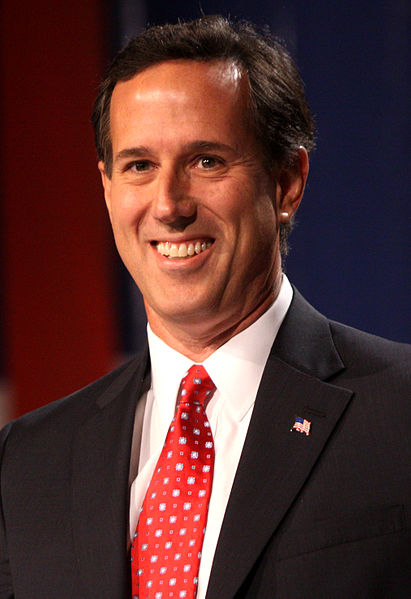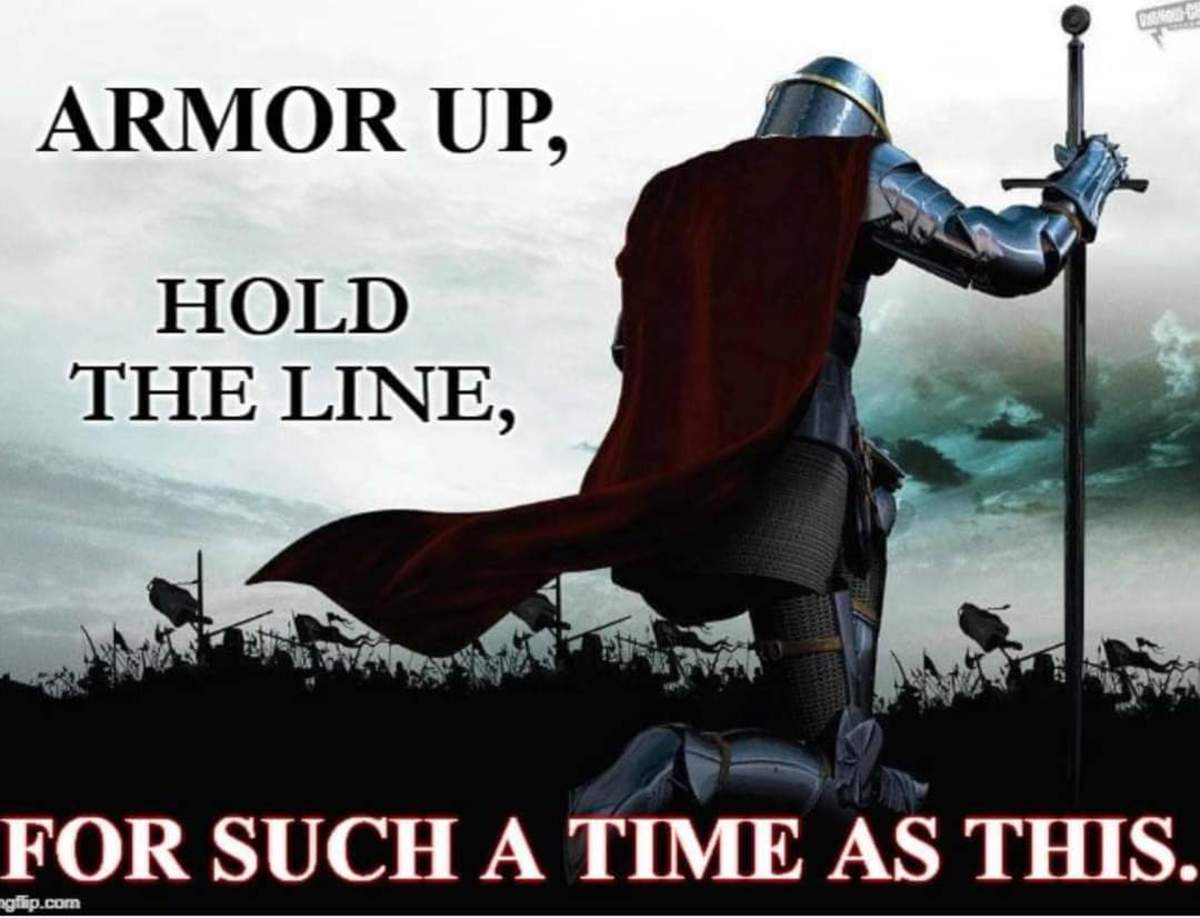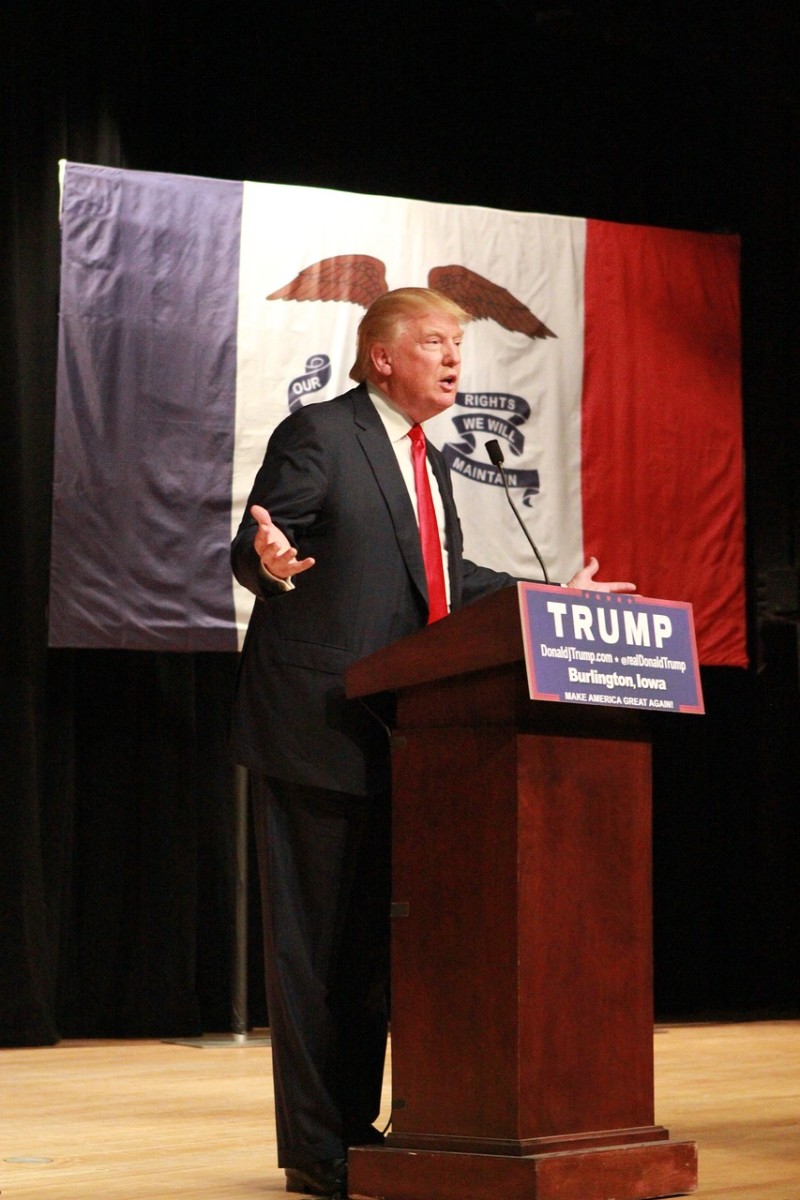How Does a Caucus Work?
States That Don't Hold Primaries Hold Caucuses
How does an American political party choose its candidate for the highest office in the land? Most states in the union hold primary elections to apportion delegates to party conventions held in the late summer of an election season. These primary elections correspond very closely to the method utilized in the general election that is held on the first Tuesday after the first Monday in November in every year divisible by four (i.e., 2008, 2012, etc.).
Some primaries are closed and some are open. Open primary elections allow voters to choose which party slate they will vote on. These primaries do not require a voter to register for a particular party, so independent voters can choose to vote in either the Democratic or Republican primary. Closed primaries only allow registered voters to vote. To vote in the Democratic primary in a closed system, the voter must be on file as having registered as a Democrat. Likewise, only registered Republicans can vote in the Republican primary in states that hold closed primaries.
There are some states, however, that do not hold this type of election. These states hold caucuses, and the process for these caucuses can vary by state. The Iowa caucuses are the most famous, because they are the first caucus of the campaigning season. In 2008, the campaigns of Barack Obama and Mike Huckabay received huge bumps from their victories in the Iowa caucuses. Although there were some hiccups along the way, Obama used his victory in the Iowa caucuses to spur his unexpected trip to the White House.
Each precinct in Iowa holds a caucus on the designated night. These caucuses are held in various houses, churches, schools, or libraries. The caucus meetings will hear brief speeches related to the various candidates, and then votes are held either by show of hand or by paper ballot. The caucuses vote on delegates to the county convention, but these delegates are not bound to vote for a particular candidate, however.
North Dakota Caucus Winner: Rick Santorum

My Caucus Experience
I currently live in North Dakota, another Midwestern state that holds a caucus, rather than a primary. I was interested to see how this process would work, since I had always lived in a state that held a primary election. In Iowa, the parties hold caucuses in each of the 1,700+ precincts in the state, and these caucuses discuss party issues. After reading about Iowa, I expected to take quite a while in casting my vote. This was not the case in North Dakota.
North Dakota set up 59 caucus locations at which voters could make their vote. Voters can choose to vote at any of the locations. A photo ID with a current street address showing North Dakota residence is sufficient to obtain access to the caucus site. After showing adequate ID, voters are given a registration form that asks for personal information and permission to contact voters to work for the campaign.
This registration form is filled out in what could best be considered a staging area. While waiting in this staging area, voters can grab a quick snack or drink. The tables have all sorts of campaign literature available for review. Rick Santorum and Ron Paul appeared to be the only presidential candidates to have literature on-hand at this point. The caucus opened with the Pledge of Allegiance and a prayer. Then the person officiating the event introduced a speaker who then proceeded to stump for Rick Santorum. Voters then line up to go into the voting room. As they go into the voting room, they hand in the registration form and get a paper ballot with the names of the presidential candidates. Four tables were set up for state legislative districts, and voters then go to these tables to mark their choice. Thus ends the process.
The main differences that I could see between the primary and the caucus systems were related to the visibility of the party. As the party set up the caucus, party paraphernalia and speakers were quite evident throughout the process. In a primary state, laws generally keep electioneers or supporters from actively campaigning within a certain distance of the polling place. The speaker supporting Rick Santorum stood literally about five feet from the door of the polling place. I'm sure if I had stuck around, other candidates would have had their supporters stumping for them. Secondly, it was somewhat intriguing that only the Republican presidential candidates were up for election in the caucus. The caucuses do not vote on lower-level state and county officials. Regardless, my first caucus experience was interesting, if for no other reason, for the novelty of the process. Of course, it really had little impact on the presidential election.









